The world of classical music has been graced by a wide variety of truly legendary pianists.
In addition to the example set by their astonishing playing, these giants have often shared insights about their art in interviews or in articles, granting counsel or suggesting new ways to think about common problems.
In this article, we’re delving into various pieces of advice offered by some of the finest pianists to ever grace the stage.
Artur Schnabel: Embrace the Pauses
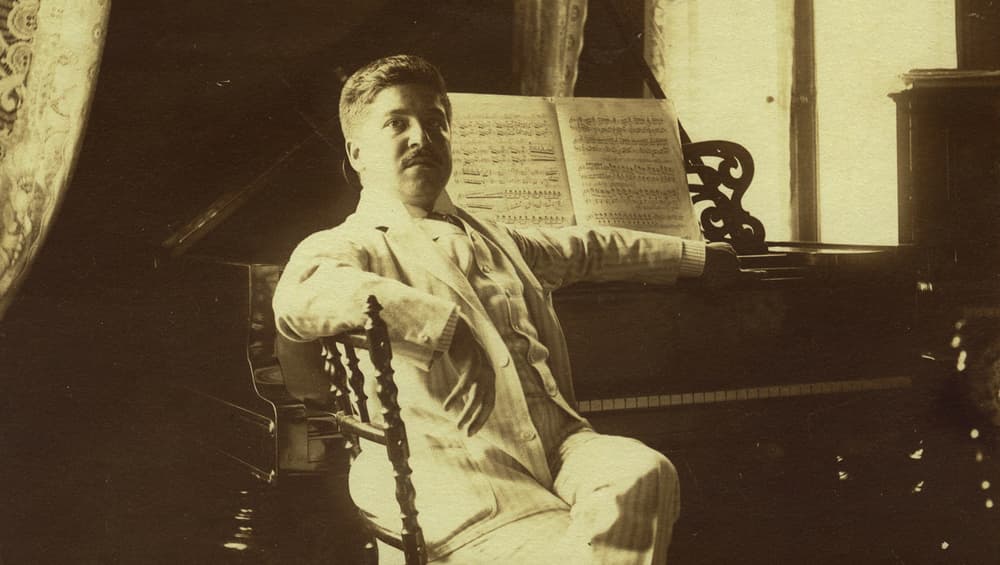
Artur Schnabel
Artur Schnabel reminds us of the significance of silence.
He once said, “The notes I handle no better than many pianists. But the pauses between the notes—ah, that is where the art resides!”
According to Schnabel, artistry consists not only of playing the right keys but of the thoughtful and deliberate use of silence in between. The spaces between the notes carry their own weight, enhancing the emotional impact of the music just as much as the notes themselves do. Pianists shouldn’t rush through them and should understand how silence and rest contribute to their interpretation.
This can be so easy to forget, especially if you get nervous on stage!
Artur Schnabel Plays Mozart’s Rondo in A minor, K.511
Vladimir Horowitz: Balance These Three Musical Elements
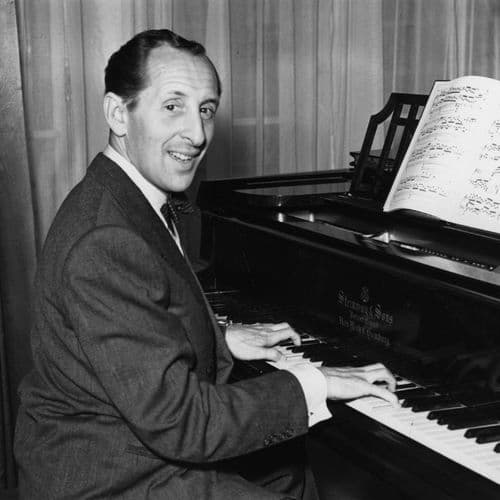
Vladimir Horowitz
Vladimir Horowitz often emphasized the importance of playing with heart.
According to him, “For me, the intellect is always the guide but not the goal of the performance. Three things have to be coordinated, and not one must stick out. Not too much intellect because it can become scholastic. Not too much heart because it can become schmaltz. Not too much technique because you become a mechanic.”
Horowitz encouraged aspiring pianists to avoid striving for technical perfection if it meant sacrificing expressing emotion.
Doing so, he was being honest about a difficult truth: sometimes pianists can get too caught up in worrying about technical achievement or overthinking a piece. It’s okay to lose a note here and there in performance if your heart is in the right place!
Vladimir Horowitz Plays Schubert’s Impromptu No. 3
Sir András Schiff: Don’t Make Extraneous Movements
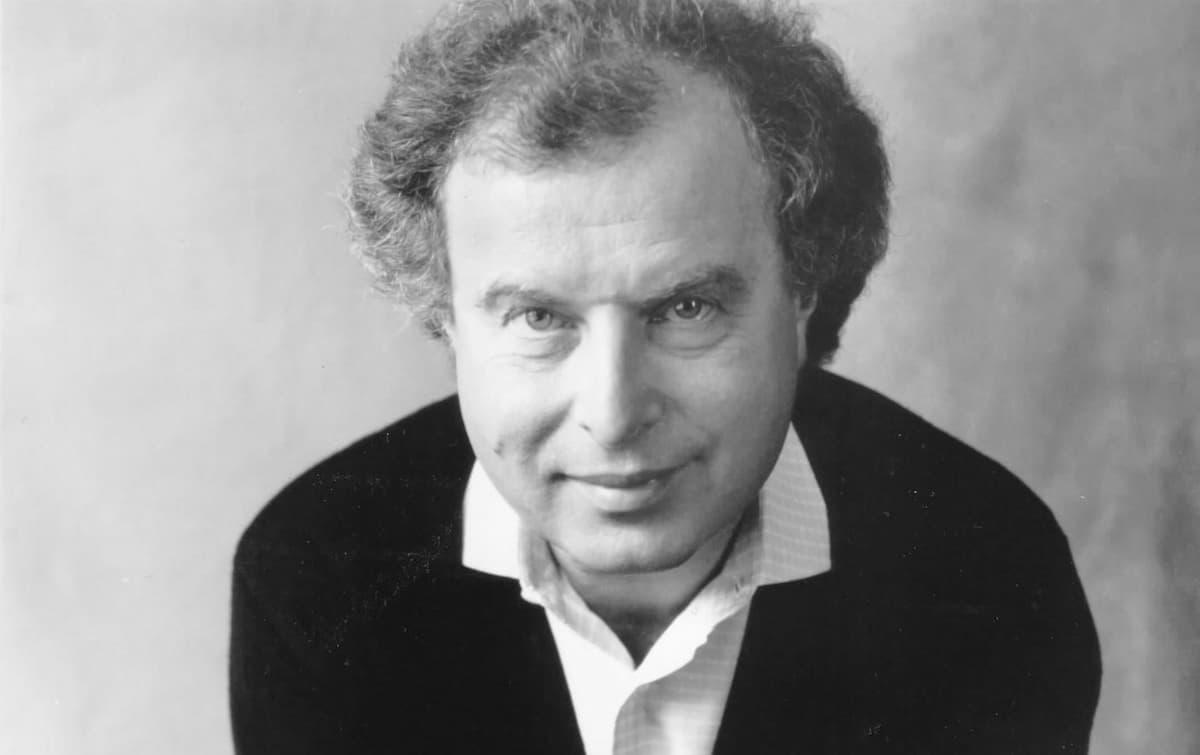
András Schiff
In July 2021, we called Sir András Schiff “one of the greatest pianists of his time.” He’s especially renowned for his performances of Bach, Beethoven, Schubert, and Mozart.
In 2014, he told Pianist Magazine, “If you want to play better and live longer, you have to find a good posture. I really think that, physically speaking, the less movement there is, the better… With pianists, the minute I see a student lifting his/her arm up to the sky, I tell them: ‘No parachuting here’.”
Changing the physical way in which you play the piano can be a time-consuming endeavor. Sometimes it can feel like starting over. But learning how to relax your body and use it more efficiently is always a worthwhile use of time.
András Schiff Plays Bach’s Italian Concerto in F BWV 971
Martha Argerich: Audiences Are a Bonus, Not a Requirement
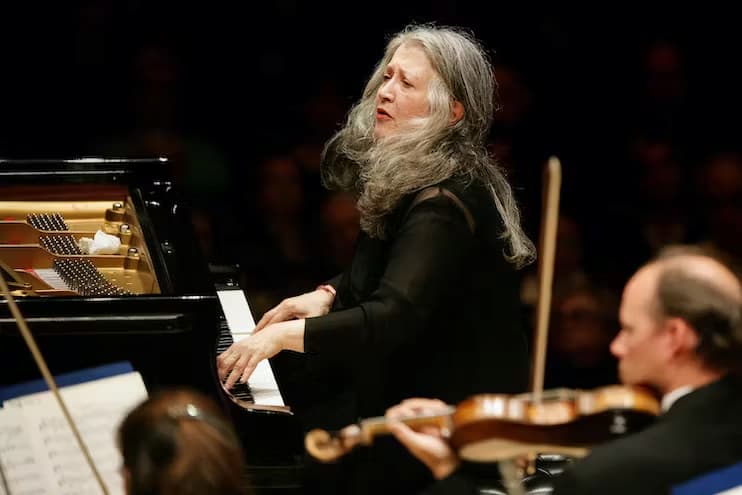
Martha Argerich with The Philadelphia Orchestra, 2008 © carnegiehall.org
Martha Argerich, an especially exceptional interpreter of Romantic Era repertoire, offered a crucial reminder about the role of technique. She famously stated, “Audiences are not important for me now and they never were.”
Argerich reminds us that it’s totally possible to be so distracted by thinking about a piece of music, its composer, and the sheer joy of playing the piano, that you can feel free to forget about the audience.
Of course there may be times when you don’t want to! But if it ever feels like your ego is wrapped up in your performance, or if you are experiencing particularly intense anxiety about playing in front of people, it might be helpful to remember Argerich’s words.
Martha Argerich Plays Liszt’s Hungarian Rhapsody No.6
Robert Schumann: Play for Yourself!
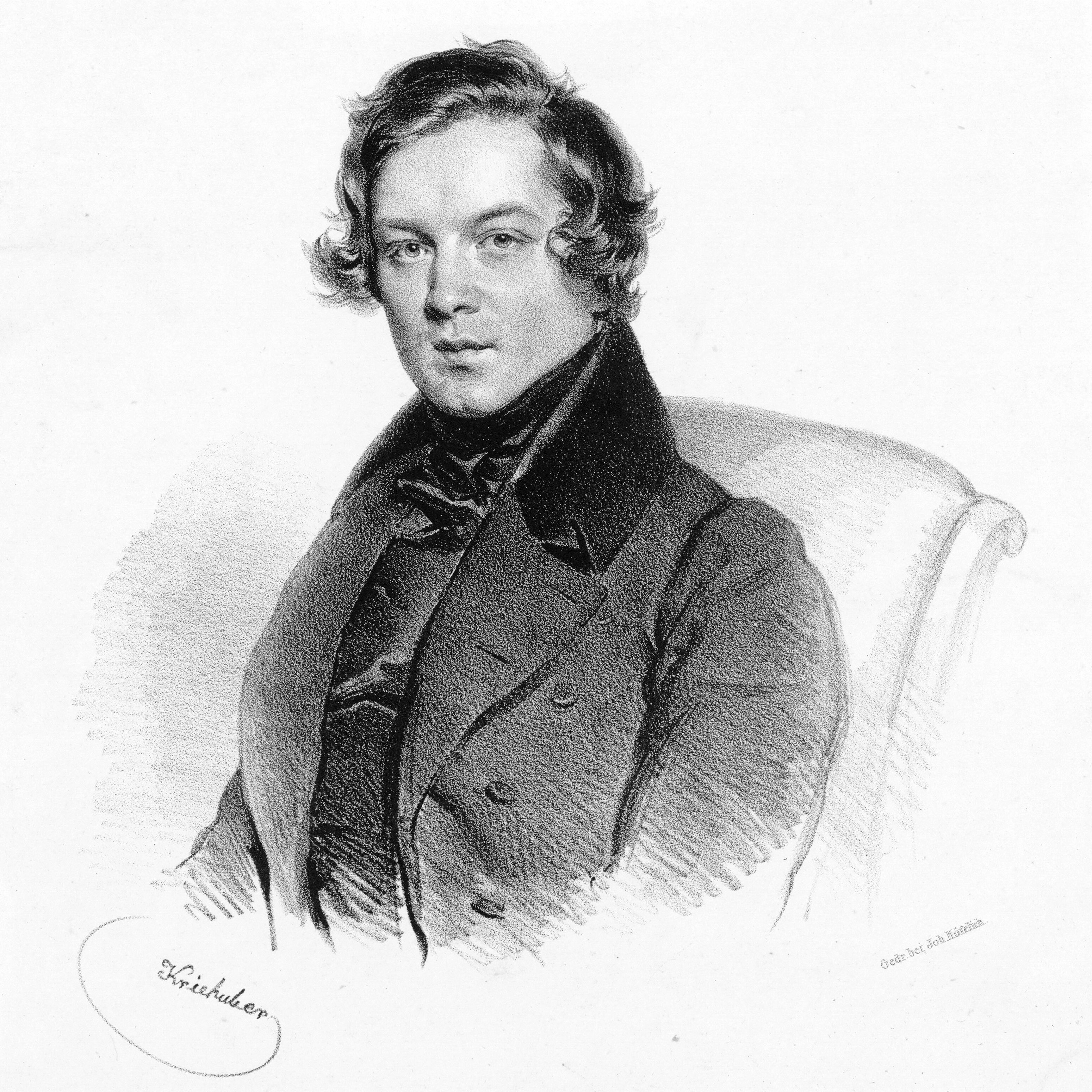
Robert Schumann
Robert Schumann had similar advice. He once stated, “When you play, never mind who listens to you.” The admonition urges pianists to focus on their own musical expression as opposed to seeking validation from external sources.
Working not to be intimidated by your audience, whoever they may be, can pay dividends by helping to strip ego from your performances and help you play with more freedom and less fear onstage.
The Best of Schumann
Conclusion
Whenever you’re learning a new skill of any kind, it’s always a great idea to seek out what the most experienced practitioners of that skill have to say about it. Piano playing is no different!
Accordingly, aspiring pianists would do well to mull over experienced pianists’ perspectives and integrate them into their own approach to the instrument.
Ultimately, they will help you develop your own philosophy of the piano…and give you something to share with other pianists someday, too!
For more of the best in classical music, sign up for our E-Newsletter

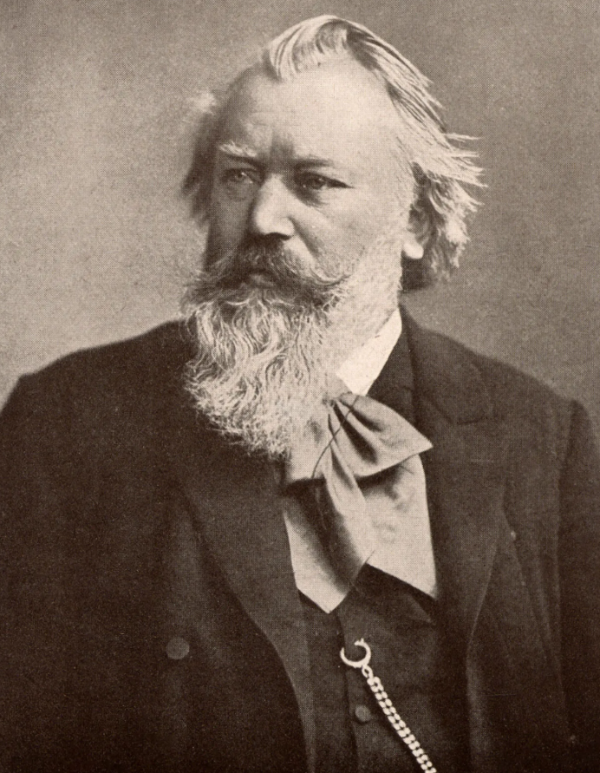
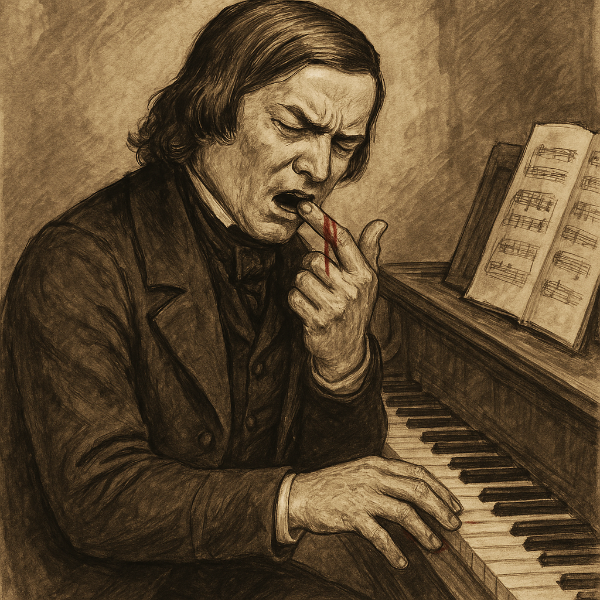
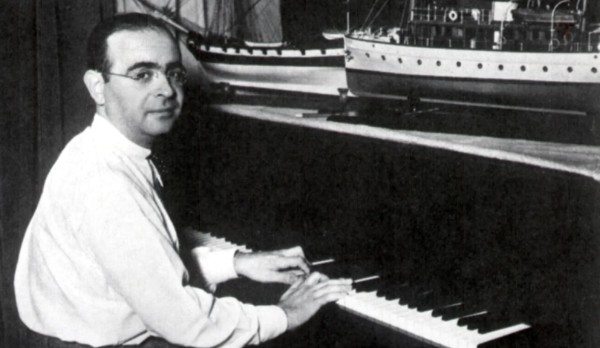
Enjoyed your selections of great classical pianists.
I find these statement almost curiosities that any pianist might read and not pursue. Artists are unique and want to be. Once they finished their studies, it is their path. Their research, their lessons.
Many Thanks for the articles and comments. Rare things that I am afraid, just I am surgeon-oncologist. I am also pianist but suffered myself from auditory – afraid the auditory when play piano on auditory. Yet, thank you once again.